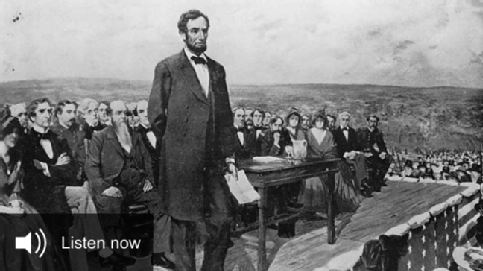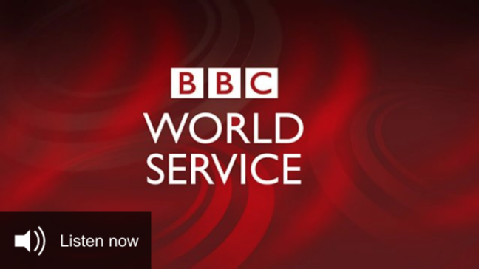Tyranny to Democracy Audio Visual resources
Tyranny
[Source: Introduction to Ancient Greek History with Donald Kagan]
The course 'Introduction to Ancient Greek History' is a series of lectures delivered by the great Donald Kagan to undergraduates at Yale and is an excellent and comprehensive overview of Ancient Greek history from the Bronze Age to the end of the classical period. Episode 8 is of especial interest to this topic.
In this lecture, Professor Donald Kagan explores the rise, fall, and significance of tyrannies in the Greek polis. He argues that the various tyrannies in the Greek world had both negative and positive aspects, which need to be appreciated. For instance, on the one hand, tyrannies promoted economic, commercial and artistic advances. On the other hand, tyrannies ruled absolutely and curbed the freedom of the polis. Finally, Professor Kagan intimates that tyrannies in many ways were a necessary step in the development of the classical polis. In short, through tyrannies, the power and influence of the aristocracy was broken and the hoplite farmer grew greater in significance.
Democracy
[Source: BBC Radio Four In Our Time]
Melvyn Bragg and guests discuss the origins of democracy. In the Gettysburg Address Abraham Lincoln called it “Government of the people, by the people, for the people”, but the word democracy appears nowhere in the American Constitution; the French Revolution was fought for Liberté, Egalité and Fraternité and the most that Churchill claimed for it was that it was “the worst form of government except for all those other forms that have been tried from time to time.” The Athenian city state famously practised participatory democracy, but neither Plato nor Socrates approved, the Romans turned their back on the idea of ‘mob rule’ and it is not until the nineteenth century that it becomes even moderately respectable to call oneself a democrat.So how did democracy rise to become the most cherished form of government in the world? In this programme we hope to trace the history of an idea across the cultures and centuries of Europe and the Middle East. And at a time when ideals of democracy are being thrown into stark relief by world events, we hope to gain a greater understanding of where democratic ideals have come from.With Melissa Lane, University Lecturer in the History of Political Thought; David Wootton, Professor of Intellectual History at Queen Mary College, London; Tim Winter, Assistant Muslim Chaplain at Cambridge University where he is Lecturer in Islamic Studies.
Democracy on Trial
[Source: BBC Radio Four]
Michael Portillo losing his parliamentary seat was voted Britain's third most favourite TV moment. So, the man who has felt the sharp end of the democratic process sets off to examine and interrogate development of this fickle, fragile, sometimes futile entity that we know as democracy.
Before 1900, there were no genuinely democratic countries in the world - and never had been. By 1943 only a handful of countries were still democratically run. It seemed that a forty-year experiment in representative government had run its course - and failed.
Yet, sixty years later, democracy is seen as the greatest gift that can be bestowed on another country, and it's an ideal worth fighting and dying for.
Michael Portillo uses this a starting point to question the effectiveness of a form of government we take for granted. Seen by Plato as dangerous, the Enlightenment as a route to chaos and by nations in the Middle Eastern, Africa and China as far from a universal panacea - democracy has a surprisingly tenuous grip on the world. Michael meets historians and the key state makers past and present to analyse the fall, rise and future of what we glibly call 'the democratic ideal'
History of Democracy
[Source: BBC World Service What is Democracy?]
What everybody ought to know about the history of democracy. It’s not a western ideal spread through imperialism but has existed since human beings came together in groups.



